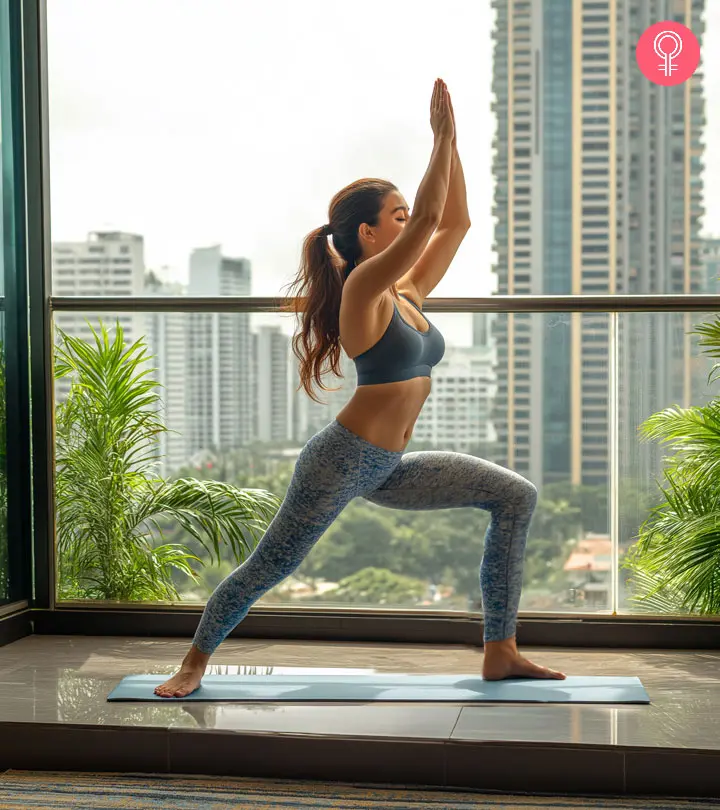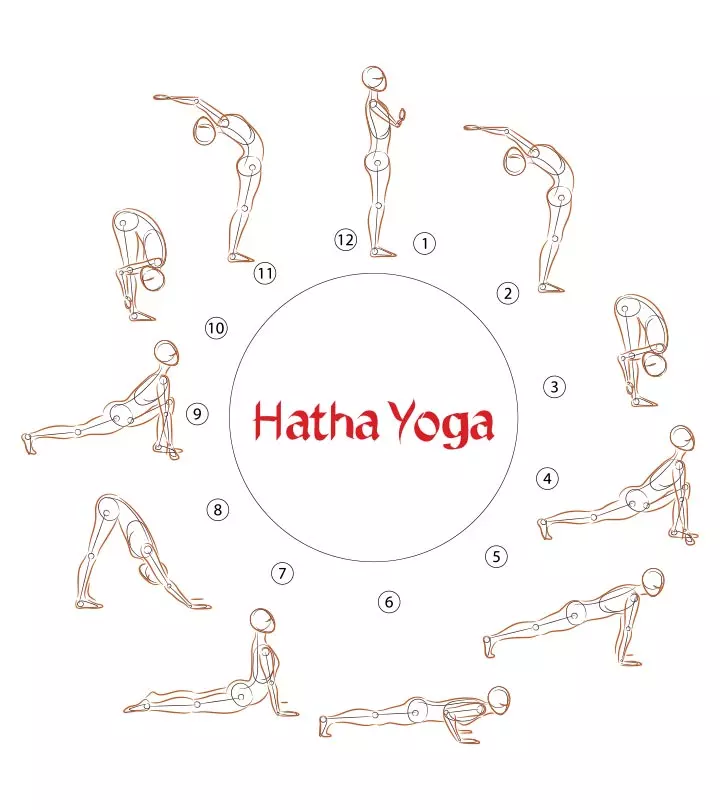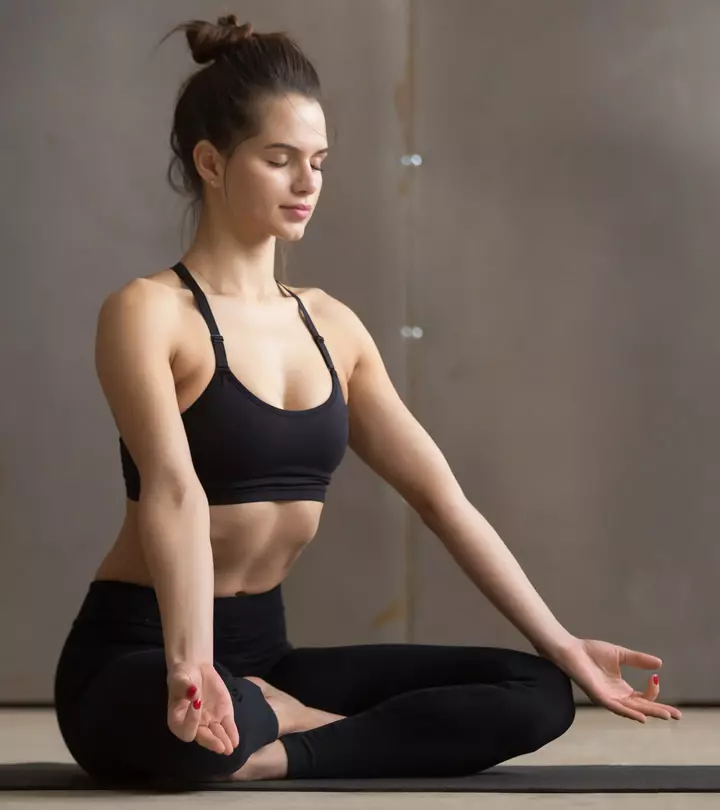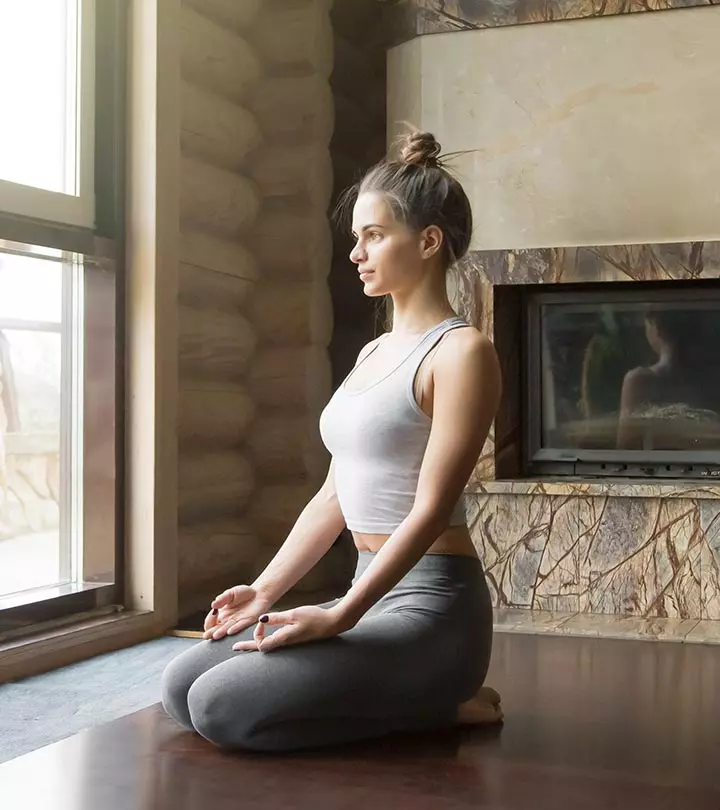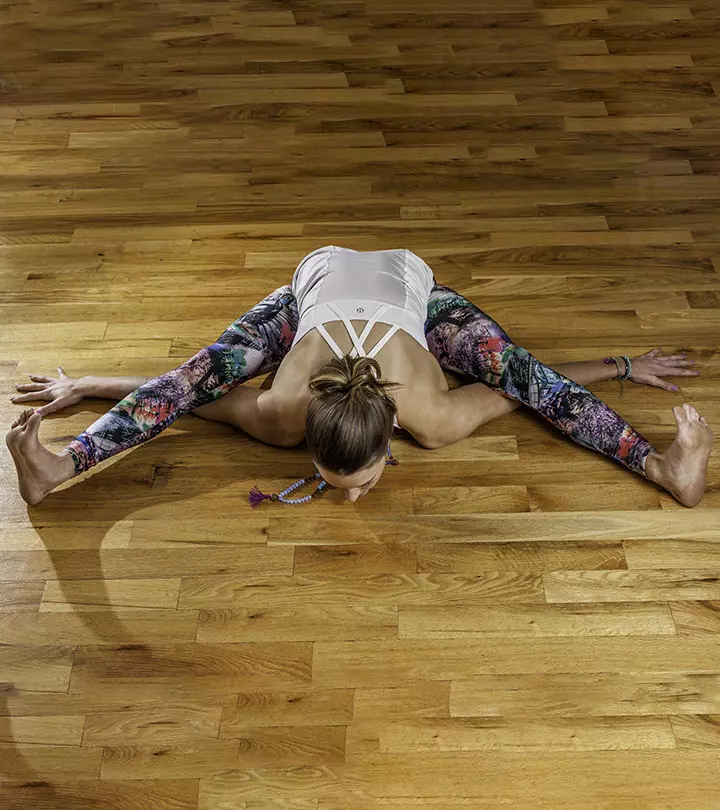Yoga, a time-honored practice that harmonizes the mind, body, and spirit, has transcended centuries as a transformative art form and holistic wellness regimen. It is rooted in ancient Indian traditions and encapsulates a rich tapestry of yoga poses or yoga asanas, meticulously designed to foster physical vitality, mental clarity, and spiritual serenity. While its origins are deeply spiritual, yoga has gracefully evolved to cater to modern lifestyles, embracing various forms like Power Yoga and Bikram Yoga. This ancient practice also aligns with contemporary fitness goals, including yoga for weight loss and yoga for belly fat reduction. Beyond the physical postures, yoga encompasses Pranayama, the practice of controlled breathing, which serves as a gateway to mastering your inner essence.
Whether you are a novice seeking to embark on this journey of self-discovery or a seasoned practitioner delving deeper into the intricacies of the practice, there is a vast array of yoga poses for beginners and advanced practitioners alike.
This page delves into the multifaceted realm of yoga, offering a glimpse into its diverse dimensions and highlighting its potential to nurture the body, mind, and soul.
Yes, yoga is suitable for people of all ages and fitness levels. However, it's important to start at an appropriate level. Listen to your body and consult a healthcare professional if you have any underlying health conditions before making yoga a part of your daily routine.
No, flexibility is not a prerequisite for practicing yoga. Yoga can help improve flexibility over time, but anyone at any level of flexibility can start and benefit from yoga practice.
Yes, you can drink water after yoga to stay hydrated and replenish fluids lost during the practice. However, avoid drinking water immediately after finishing a sequence of intense poses to prevent discomfort.
While specialized yoga equipment like mats and props can enhance comfort and support, they are not mandatory. A comfortable space and suitable clothing are the basic requirements for a yoga practice.
Yoga encompasses physical postures, breathing, and meditation practices to promote physical and mental well-being. Meditation, on the other hand, focuses solely on calming the mind and cultivating mindfulness through various techniques, often independent of physical movement.
Yes, yoga is considered safe and helps you stay active during pregnancy (1). However, avoid certain yoga poses that put pressure on your belly and involve intense forward and backbends, twists, inversions, etc. It's best to proceed with caution, consult a doctor, and work under the supervision of a trained yoga instructor to avoid any complications.
Articles on StyleCraze are backed by verified information from peer-reviewed and academic research papers, reputed organizations, research institutions, and medical associations to ensure accuracy and relevance. Read our editorial policy to learn more.
